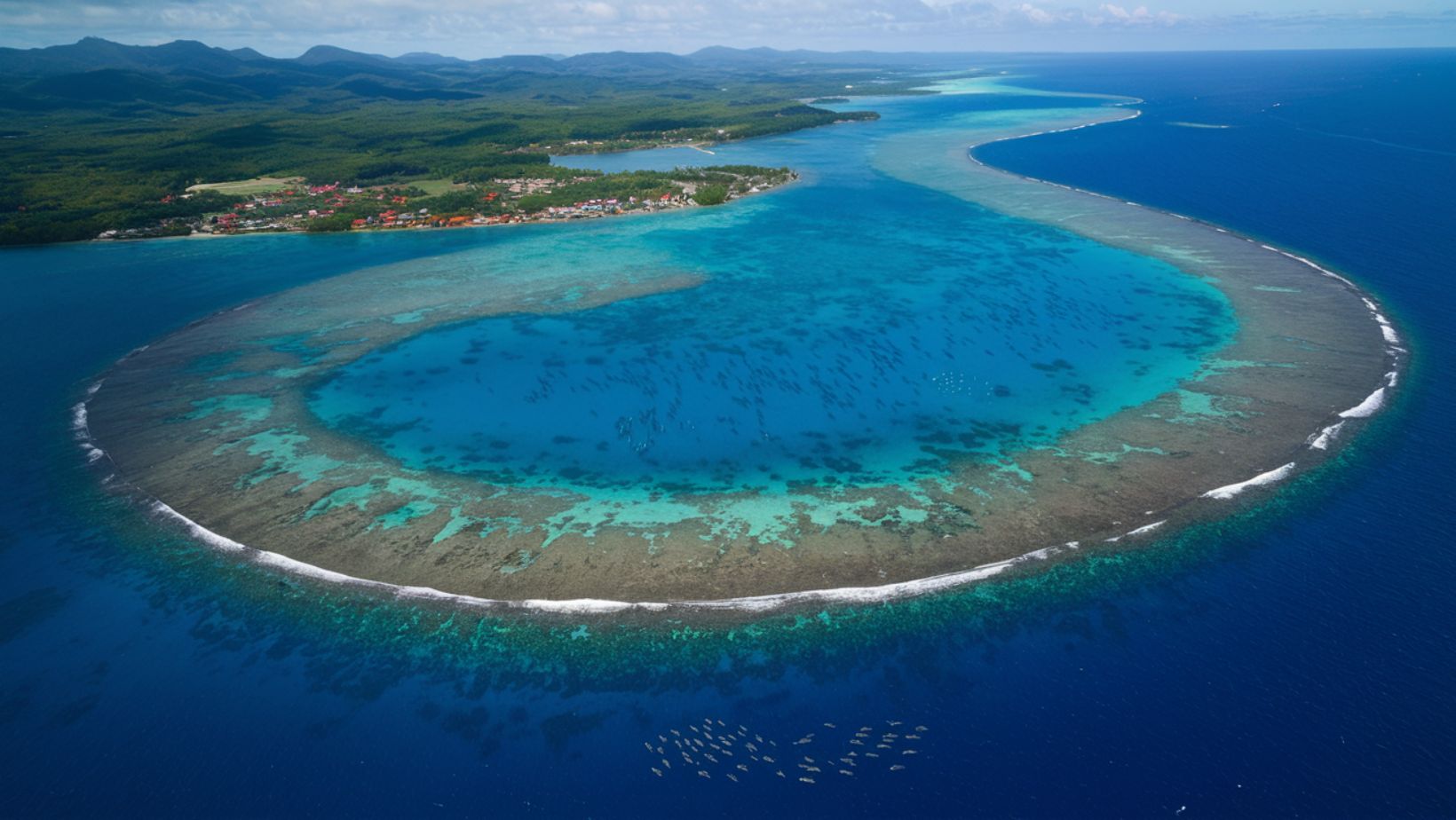In the heart of the Japanese archipelago, on the island of Okinawa, lies an ancient secret that intrigues scientists worldwide. This age-old habit, passed down through generations, could well be the key to exceptional longevity and robust health. But what exactly is this practice that’s causing such a stir?
A Dietary Philosophy Rooted in Tradition
The “hara hachi bu” is much more than just an eating habit. It’s a true philosophy of life, deeply ingrained in Okinawan culture for centuries. This expression, which literally translates to “belly at 80%,” embodies a unique approach to eating. The inhabitants of this island eat only until they are 80% full, leaving 20% space in their stomachs at each meal.
This practice has its roots in Buddhist and Confucian teachings, which advocate moderation and respect for the body. Okinawans believe that this way of eating maintains a perfect balance between nutritional needs and the body’s digestive capacities. They consider that it promotes better nutrient assimilation and avoids overloading the digestive system.
The Surprising Benefits of “Hara Hachi Bu”
The effects of this practice on the health of Okinawa’s inhabitants have attracted the attention of many researchers. Studies have revealed that this island is home to an exceptional concentration of centenarians, far above the global average. Scientists have found that Okinawans enjoy one of the highest life expectancies in the world, with a remarkably low rate of age-related chronic diseases.
The “hara hachi bu” seems to play a crucial role in this phenomenon. By limiting their caloric intake without depriving themselves of essential nutrients, Okinawans maintain a stable weight throughout their lives. This practice is believed to reduce oxidative stress and inflammation in the body, two major factors in cellular aging.
An Impact Beyond Longevity
The benefits of “hara hachi bu” are not limited to increased life expectancy. Researchers have observed that Okinawans who adhere to this philosophy have lower rates of cardiovascular diseases, type 2 diabetes, and certain cancers. Their metabolism seems to function more efficiently, which could explain their remarkable vitality even at an advanced age.
The Delicate Art of Partial Satiety
Adopting “hara hachi bu” is not just about eating less. It’s an art that requires attention and practice. Okinawans have developed specific techniques to achieve this state of partial satiety. They place great importance on slow and mindful chewing of each bite, which allows the brain to more effectively register satiety signals.
The composition of meals also plays a crucial role. Traditional Okinawan dishes are rich in vegetables, seaweed, and lean proteins, offering high nutritional density for a relatively low volume. This approach allows one to feel satiated while consuming fewer calories. Okinawans also favor local and seasonal foods, thus ensuring an optimal intake of nutrients.
Mindfulness at the Table
The “hara hachi bu” goes hand in hand with a form of food meditation. Meals are considered moments of sharing and connection, far from stress and distractions. This mindful approach to eating not only allows for better appreciation of each bite but also helps in being more attentive to the satiety signals sent by the body.
Ultimately, “hara hachi bu” is not just simple calorie restriction. It’s an invitation to rethink our relationship with food and our bodies. This millennial wisdom from Okinawa reminds us that sometimes, less can mean more, especially when it comes to our health and longevity.
